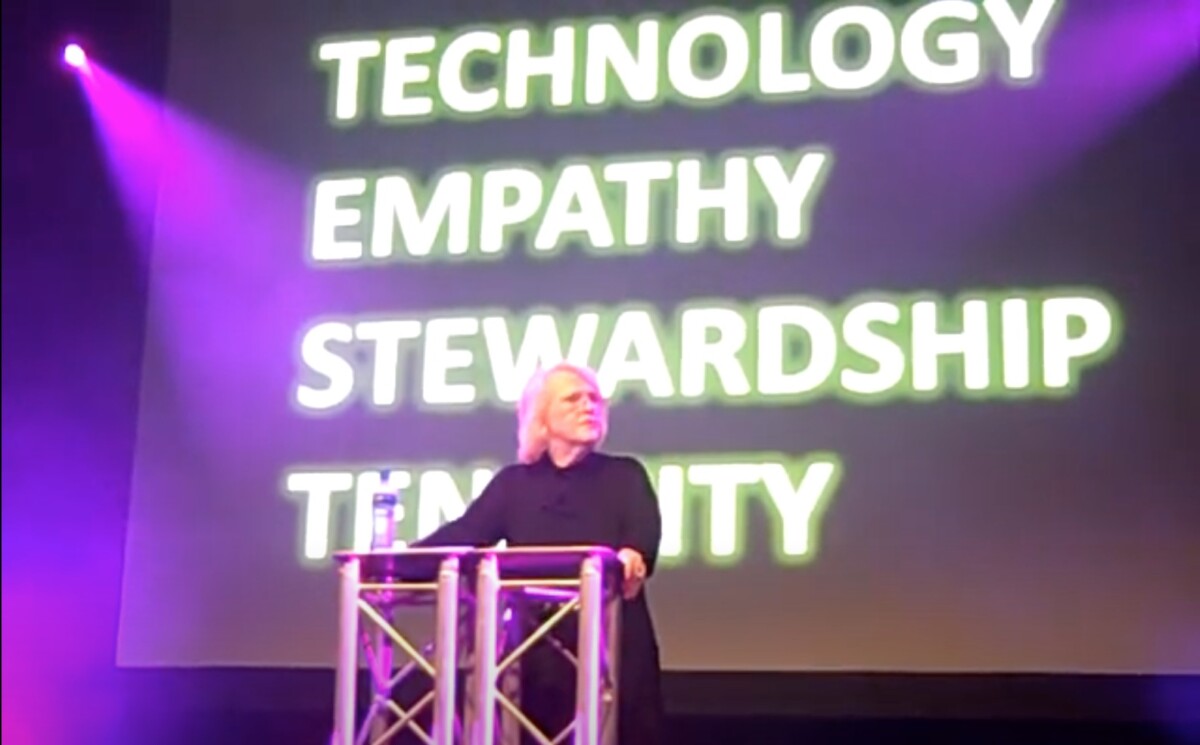IFC delegates to be told 'become dream brokers to donor-investors'

In the age of donor-centred websites such as kiva.org, charities need to redefine themselves as ‘dream brokesr’ to the ‘citizen philanthropists’ of this world. That is the message from American fundraising consultant Kay Sprinkel Grace in a new e-book available from the Resource Alliance, organisers of next month’s International Fundraising Congress in Holland.
Indeed, Sprinkel Grace will be giving the final plenary at the Congress, and will urge charities to adopt this new approach if they are to avoid becoming sidelined as donors give directly to causes or set up their own organisations.
Sprinkel Grace argues that the rise of citizen journalism, blogging and access to web-based information about world crises and chronic needs has created a breed of ‘citizen philanthropists’, from individual donors surfing the web to billionaires. These people are discovering that for very little money they can be a partner in these activities and help support the solution.
She points in particular to websites such as Kiva and Globalgiving as helping to drive this change. In her e-book she says: “Twenty-first century philanthropists feel as though they can be participants in the vision of a better future for the world – and that dream is driving them to take action with or without us”. As a result, “the actions we take – both to guide these new donors and respond to their dreams – are increasingly critical”.
How do charities become and present themselves as ‘dream-brokers’? She explains that the donor, or rather the donor-investor, has to become “the centre of our universe”, with the organisation acting as their enabler. Donor-investors “will be looking for conditions that tell them that their dream will be cherished and grown in an organisation that is entrepreneurial, strong and safe.”
Needless to say, she acknowledges that “this is a tough hurdle for many organisations that are used to doing their business without involvement from people outside their organisation.”
She concludes by arguing that if charities do not embrace this opportunity for change, donor-investors “will work increasingly outside of and around our organisations to launch their idea (even if it fails), and they will try to do things for which they have more passion than experience. Although they would benefit from our counsel, they may not seek it”.
All delegates to the International Fundraising Congress will receive with their joining instructions a web link to download Sprinkle Grace’s e-book “Donor-Driven Philanthropy: How the Dreams of Donors are Changing Philanthropy (and Redesigning Our Future as Fundraisers)”.
Simon Collings, CEO of the Resource Alliance, is encouraging all delegates to download and read the book before they attend the closing plenary to help stimulate debate during the subsequent question and answer session.
“Because her thesis is so essential,” he said, “we have taken the unusual step of publishing it as an e-book, not only to stimulate debate during the conference but also ensure her ideas receive the widest coverage possible.”
www.resource-alliance.org/ifc



